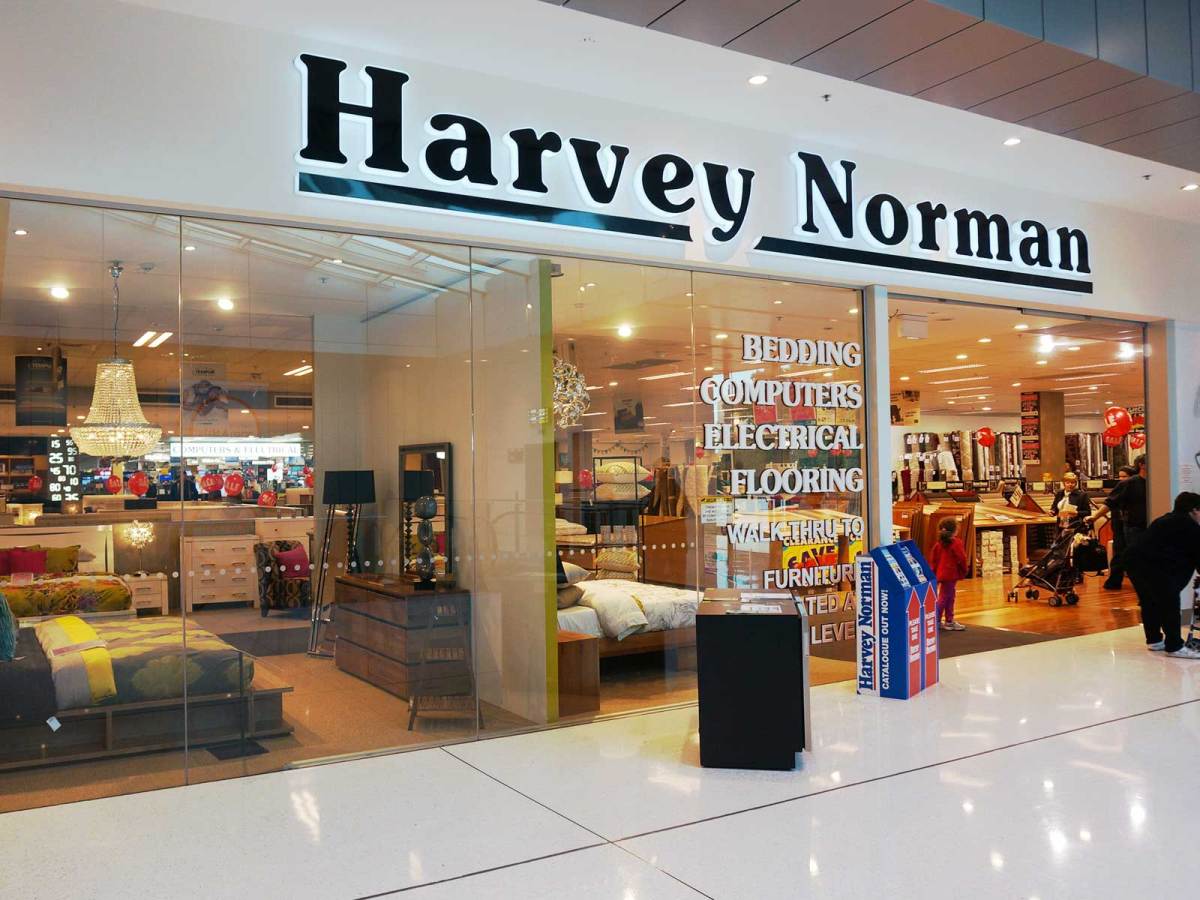Four Harvey Norman franchisees have been hit with penalties totalling $116,000 following legal action brought by the ACCC in the Federal Court. The Victorian and Tasmanian franchisees were ordered to pay civil pecuniary penalties for making “false or misleading representations to customers regarding consumer guarantee rights” according to the ACCC.
The affected franchisees were Launceston Superstore (Launceston, Tasmania); Moonah Superstore (Moonah, Tasmania); HP Superstore (Hoppers Crossing, Victoria); and Salecomp (Sale, Victoria). The Launceston Superstore, which ceased trading in November 2012, was ordered to pay $32,000 in penalties, while the remaining three were each hit with $28,000 penalties.
According to the ACCC, the Federal Court found that the franchisees made a number of false or misleading representations to customers about their consumer rights, including assertions that “the franchisee had no obligation to provide remedies for damaged goods unless notified within a short specified period, such as 14 days; the franchisee had no obligation to provide an exchange or refund for faulty goods supplied; and the franchisee had no obligation to provide a remedy independently of the relevant product manufacturer”.
With news that the false claims were made orally by staff in the affected stores, the penalties serve as a reminder to retailers to ensure all staff are aware of the Australian Consumer Law when talking to their customers.
This was a message reiterated by ACCC chairman, Rod Sims:
These penalties send a strong message to all businesses, including franchisees, that they must not mislead consumers about their rights to repair, replacement or refund for faulty goods under the Australian Consumer Law.
Complaints about consumer guarantees represent a quarter of the consumer protection complaints that the ACCC receives each year. The ACCC has moved from raising awareness of the law to taking enforcement action where it believes consumers have been misled about their rights under the consumer guarantee provisions of the ACL.
In his judgment, Justice Middleton also spoke about the broader implications of the findings:
Processes to ensure that, if goods were not of acceptable quality when sold to consumers, consumers can obtain a remedy for faulty goods represent a cost on the retailer’s business. Retailers may need to incur costs to maintain a culture of compliance with the ACL, including by supervision of staff.
After initial attempts in June 2013 to bring legal proceedings against the four franchisees collectively — along with a number of other Harvey Norman franchisees — it was subsequently decided that cases against the individual businesses would be heard separately.
The four stores involved in these recent proceedings (apart from the now closed Launceston Superstore) will each be required to display in-store corrective notices and implement a consumer law compliance program.
The ACCC today confirmed that it is awaiting judgment against a further six Harvey Norman franchisees for “similar conduct where the ACCC is seeking court orders including penalties, declarations, injunctions, corrective notices and compliance training”.

